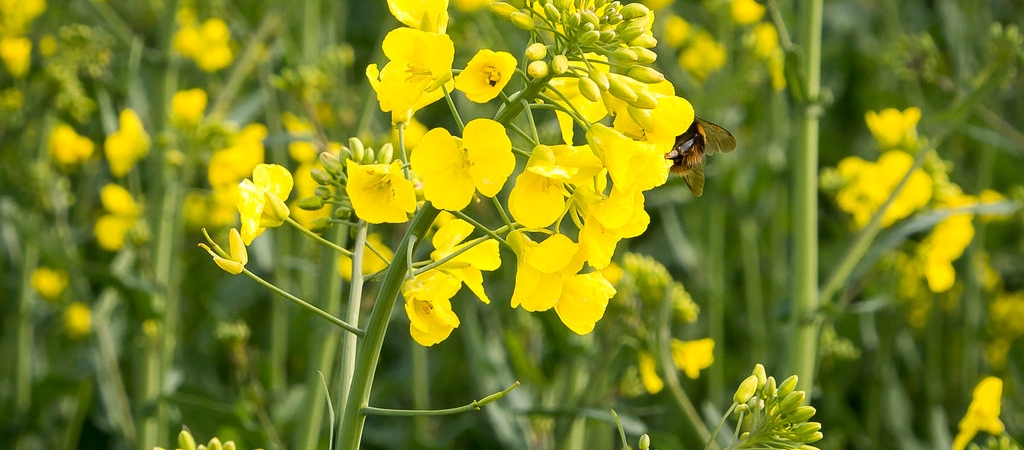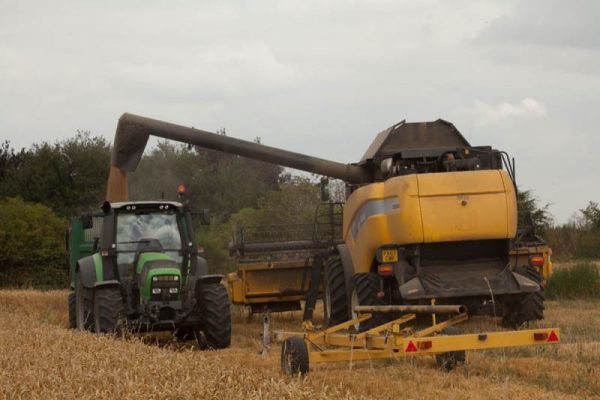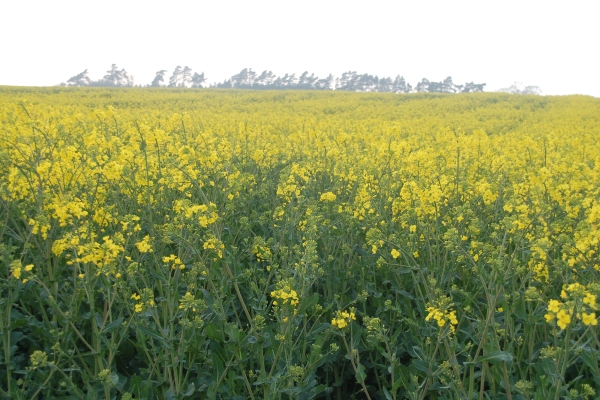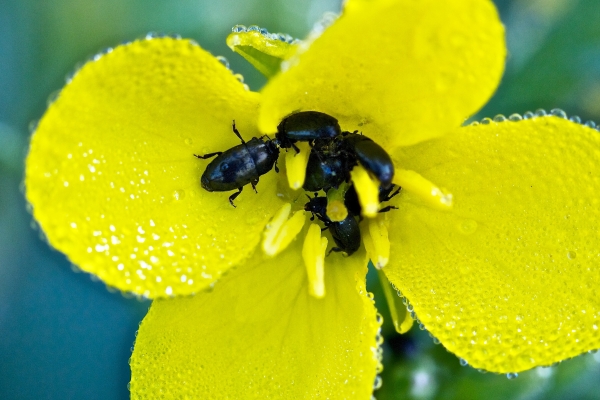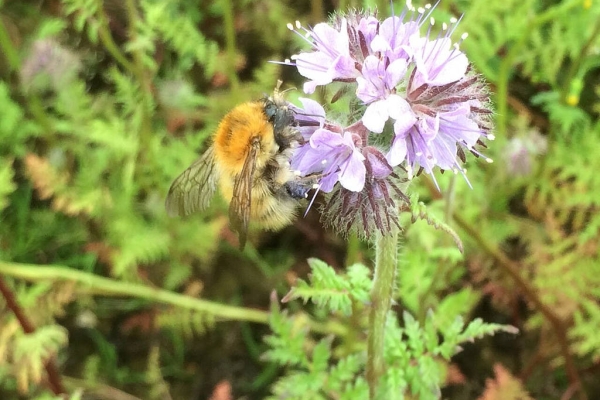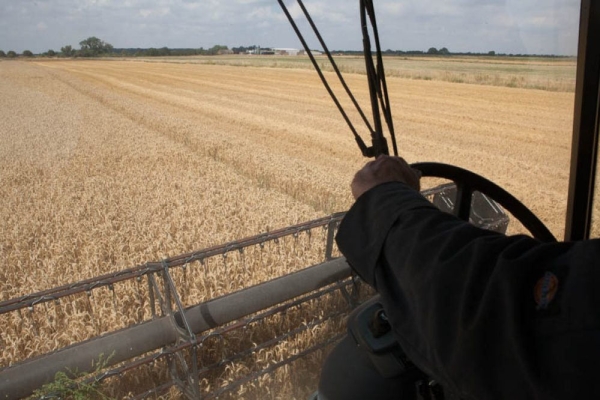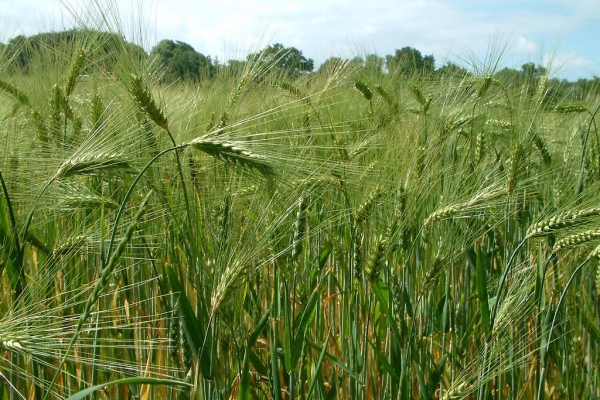Farming Oilseed Rape without Neonicotinoids
Resource explained
This report reviews non-chemical methods of pest control on oilseed rape (OSR), drawing on research and existing farming practices. It is based on the premise that farmers need effective alternatives to neonicotinoids that do not harm bees or other beneficial insects; a direct response to a review conducted in 2013 by the European Food Safety Authority, after which the European Commission restricted the neonicotinoid use that posed a “high acute risk” to honey bees. Research has found that combining a range of alternative techniques in an Integrated Pest Management (IPM) approach should enable farmers to significantly improve control of OSR pests without neonicotinoids. The report is divided into: non chemical pest control options for OSR (from crop husbandry and seed sowing to crop rotation, biological control and companion cropping), and efficacy of neonicotinoid seed treatments (including targeting of neonicotinoids and controlling Cabbage Stem Flea Beetle). It also features case studies detailing how farmers have been managing OSR without using neonicotinoid pesticides.
Findings & recommendations
- The research report this document is based on concluded that there is much farmers can do to control pests using a variety of non-chemical approaches, in line with an IPM approach. Adopting IPM can bring additional benefits including control of other pests and nitrogen retention. Methods with strong evidence of success include:
- Making wider use of current advice on pest monitoring and thresholds.
- Encouraging natural enemies of key OSR pests.
- Using disease-resistant OSR varieties (reducing the need to completely control aphids).
- Following current agronomic advice for crop establishment including establishing the crop early, avoiding sowing into bare earth, and using a method that minimises soil disturbance.
- Using companion crops and trap crops i.e. turnip rape around fields also show considerable potential to reduce problems caused by pests and deliver other benefits to farmers.
- The research report concluded that evidence from 2015 yields combined with positive reports from individual farmers point towards OSR being a viable crop in most parts of the UK without using neonicotinoids.
- The research has shown that there is much potential to change the way that OSR is farmed, using more non-chemical means of pest control, so that thriving pollinators and profitable crops can go hand in hand.
N.B. Agricology recognises that the report includes views that will not be shared across the industry but the report provides useful information for farmers looking to understand alternatives to using neonicotinoids.
(Photo credit: Graham Rawlings)
